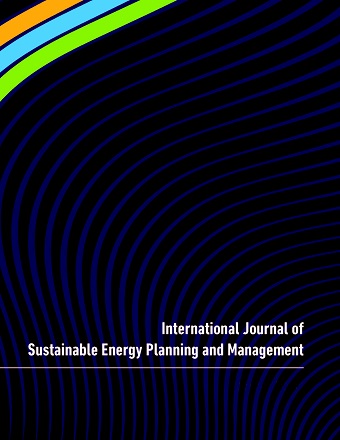Women vs Men: Who performs better on Energy Literacy?
Main Article Content
Abstract
Energy literacy is seen as one of the most powerful tools, available to ordinary people, to contribute to a more sustainable world. Since women tend to be considered the main caregivers, due to their maternal instinct, being generally more attentive, more altruistic, and more concerned with the future of their children, are women more involved in the transition to a more sustainable future? To answer this question, we seek to assess the literacy levels of Portuguese university members and explore the differences between men and women. Using the Heteroskedastic Ordered Probit, we found that women tend to have lower levels of knowledge about energy, but a more positive and sustainable attitude and behavior.
Article Details
Articles published in International Journal of Sustainable Energy Planning and Management are following the license Creative Commons Attribution-NonCommercial-NoDerivs 3.0 Unported (CC BY-NC-ND 3.0)
Authors retain copyright and grant the journal right of first publication with the work simultaneously licensed under a Creative Commons Attribution License: Attribution - NonCommercial - NoDerivs (by-nc-nd). Further information about Creative Commons
Authors can archive post-print (final draft post-refereering) on personal websites or institutional repositories under these conditions:
- Publishers version cannot be stored elsewhere but on publishers homepage
- Published source must be acknowledged
- Must link to publisher version

